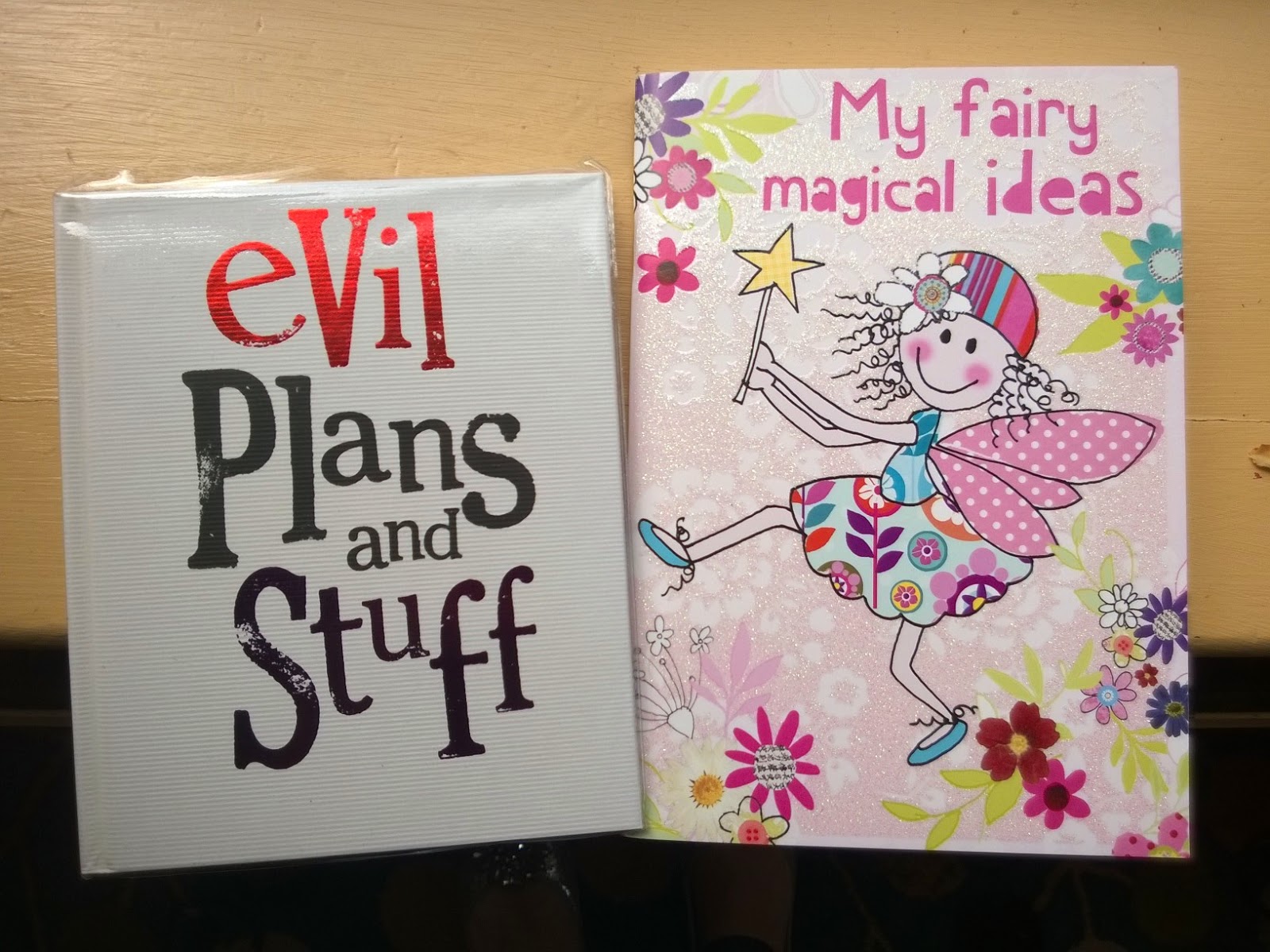I’m a wannabe plotter.
I would love to be able to sit down and plan a book. I wish that before I started I could produce a neat map detailing exactly how the plot will unfold, when and how the characters will develop and change, and which obstacles they will face and overcome. And with every story I write, I try to do this.
Unfortunately, my mind
doesn’t work that way.
My plot outlines are usually
hazy with two-dimensional characters and predictable situations.
It’s only as I
write that the characters come alive and usually throw my plan out the window to
take new, unexpected routes of their own choosing. Which is great. There’s
nothing better than a character who knows
their own mind and has their own unique fears and dreams and opinions. And if
they surprise me, then hopefully they’ll surprise the reader too.
But to get to the point where my characters become fully developed like this involves a lot of hard work: hours spent at the computer, writing scenes
which will later be deleted.
In essence, I write, scrap what I’ve written, then
rewrite and rewrite again. I have to explore a lot of dead ends before I find
the right way.
It’s a time-consuming process, and I used to berate myself for
not getting it right first time. I wished there was a trusted and experienced
professional would read my synopsis and instantly spot the flaws. A fairy
godmother who would give me advice (kill off the ex-girlfriend,
increase the conflict here, raise the stakes there…) which would save me months of work.
Over time, however, I’ve realised that no one has a magic wand, and this is simply my method of writing.
It feels scary, fumbling around in the dark, struggling with a story for weeks and months. When it's not going well, writing feels like the loneliest job in the world. I feel lost and alone, I question why I ever started this novel...
– then, suddenly, a bulb lights up and everything falls into place.
This has been the process with each of the last 3 books I’ve written, and I’m finally learning to accept it. To keep the faith and keep writing even if what I write today will be deleted tomorrow. Now, rather than seeing these scrapped scenes as wasted pages or wrong turns, I understand that they’re invaluable for getting to know my characters and understanding what makes them tick.
– then, suddenly, a bulb lights up and everything falls into place.
This has been the process with each of the last 3 books I’ve written, and I’m finally learning to accept it. To keep the faith and keep writing even if what I write today will be deleted tomorrow. Now, rather than seeing these scrapped scenes as wasted pages or wrong turns, I understand that they’re invaluable for getting to know my characters and understanding what makes them tick.
So that when I find the right path, I’m
certain it’s right.
What's your writing method? Are you happy with it?
Sophie.x
Photos copyright: Sophie Claire and Pixabay






































